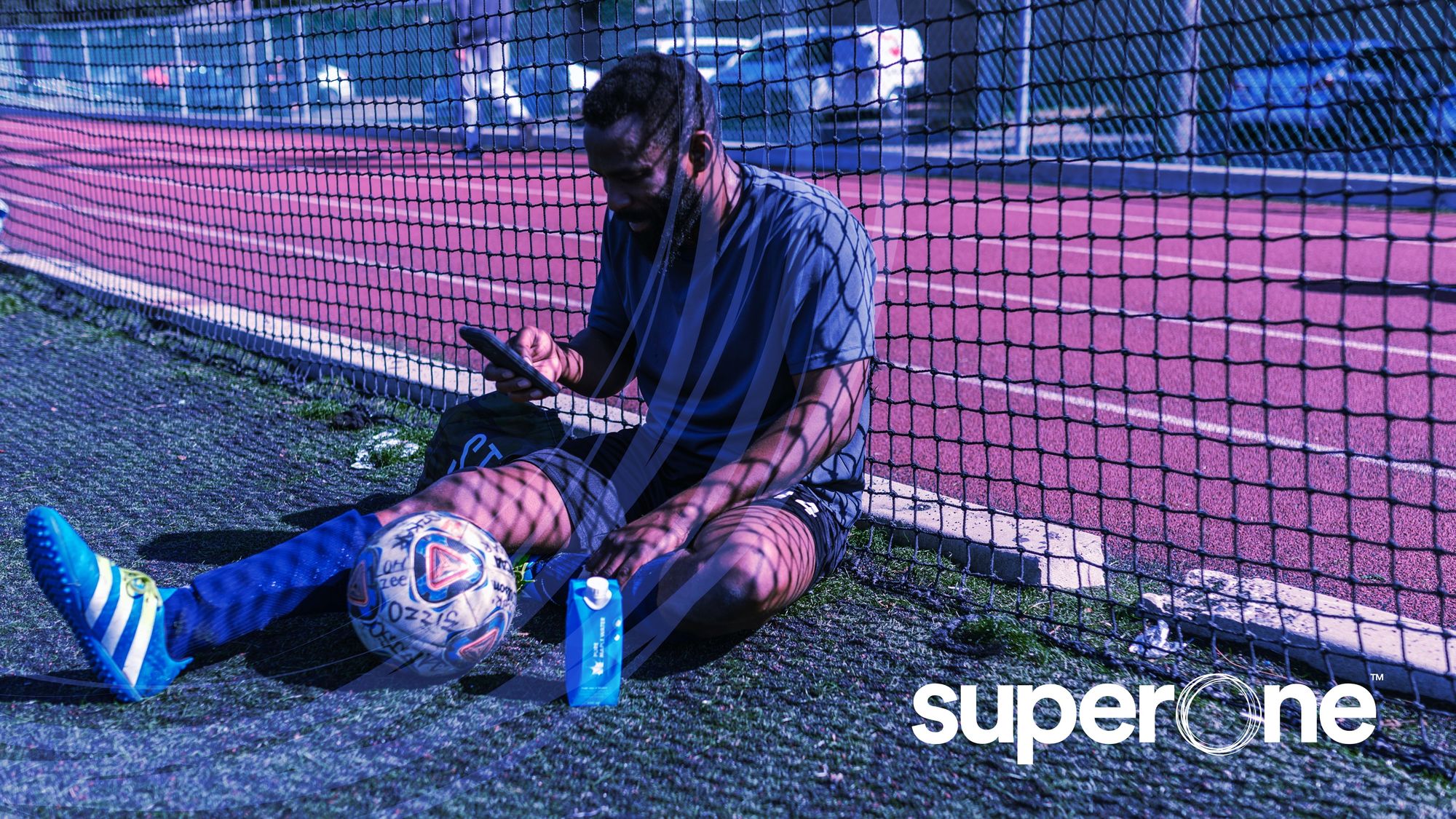Football’s meticulous approach to maximizing content streams can assist SuperOne’s vision for expansion

If, in 2010, someone had told you that Europe’s elite football clubs would become content creation hubs co-opting support from highly-paid brand consultancies you might have stared back at them in open-mouth astonishment.
If somebody had told you that these same clubs were about to spend a significant budget on top agencies specializing in search engine optimization and online reputation management — on top of in-house video producers and highly experienced journalists — you’d have been equally surprised.
Digital content creation and distribution has become such a hugely important part of the process of engaging with existing fans and reaching out to new ones that it essentially transcends every other aspect of marketing in the world of football. And there is another vital aspect: data collection.
By seeing who engages with their social media feeds, and how they do so, clubs can grab vital information about their fans. The better they understand the fandom around the sport, the easier it is for them to lure advertisers towards them
Barcelona: Capturing fan data through video
Barcelona, the biggest club of all for the last two years according to the Deloitte Football Money League, wants subscriptions to capture more data. To do that, the club is building a free streaming service called Barca TV+, which will host all the content developed by the club’s production arm Barca Studios.
This will incorporate match highlights, first-team squad interviews, plus live streams from the B team and women’s team home fixtures. The viewing data from Barca TV+ will feed into the customer relationship management system the club is quietly building in the background.
The Catalan giants’ chief marketing officer Guillem Graell is pulling data from different parts of the club as well as external sources like retailers to pour into the CRM system.
Attention to detail will serve football well
Viewing all this from the perspective of SuperOne, where we are keen to place football front and center of the game, is enlightening. Our conclusions are:
- Football is already the most lucrative fan-based business.
- Clubs are keen to breed EVEN MORE popularity.
- Many already have healthy marketing budgets.
- They need to keep spending to stop rivals surpassing them.
In other words, SuperOne knows the world is still climbing the ladder of football growth with the potential summit not even in sight.
Coronavirus: Focus on the positives
Even if the effects of the coronavirus pandemic will put downward pressure on top-line revenues then the situation is no better for any other entertainment-based commercial products.
And if fans remain locked out of stadiums then there is the distinct possibility that broadcast revenues could actually increase further from an already healthy perspective. On top of this, fans will need to look at alternative ways to remain connected to their heroes when they can no longer visit them inside the stadiums.
Chelsea is seeking to diversify commercial revenues through shorter-term campaigns with advertisers who aren’t prepared to lock in a full-blown, multi-year sponsorship deal. Striking those deals opens up commercial opportunities like social media and influencer budgets not normally reserved for rights owners.
Chelsea: Aggressive tactics to appeal to advertisers
When the club moved its Chelsea TV channel from a linear, subscription service to a free digital one last August, the production behind it became more advertiser-focused. The London club’s in-house production team can now go head-to-head against agencies, publishers, and social platforms to attract extra deals and justify organic growth.
Most clubs are already creating plenty of exclusive content for their long-term sponsors; Chelsea’s plan allows it to have a nimble B plan to open up additional revenue streams without ignoring the demands of their biggest commercial partners.
On top of in-house content, there are super agencies like the hugely successful company OneFootball (originally Dugout), founded by 10 of the biggest clubs in the world in 2016, now working directly with dozens of top clubs as well as leagues and federations to repackage, distribute and monetize video content.
Through OneFootball’s team of editors, a club’s globally “brand-safe” video archive is repurposed, localized, and optimized into a myriad of platform-appropriate videos for digital fans across the globe. What advertisers want to see is much less crude data on social media numbers and much more about the true worth of a club’s fans to their own brand.
To many looking in from the outside, the forensic attention to detail is really impressive.
SuperOne can be confident that, even in an ultra-competitive sector, football is being marketed by people highly skilled in their field. It’s not just about pumping out great content that appeals to the fans that ultimately form the scaffolding for the support — it’s about ensuring your product is sustainable for advertisers and sponsors too.
